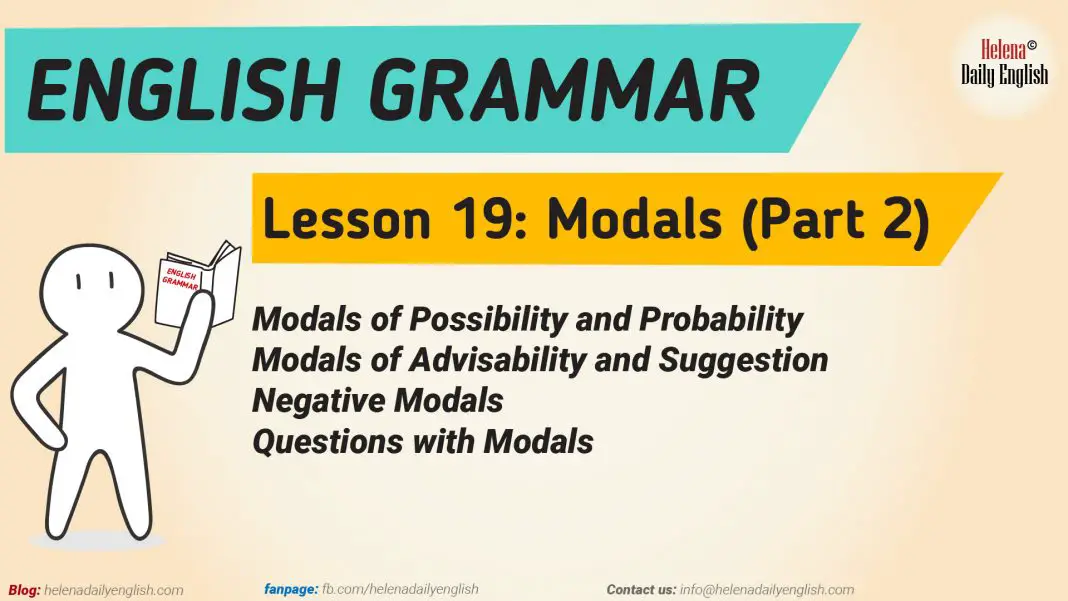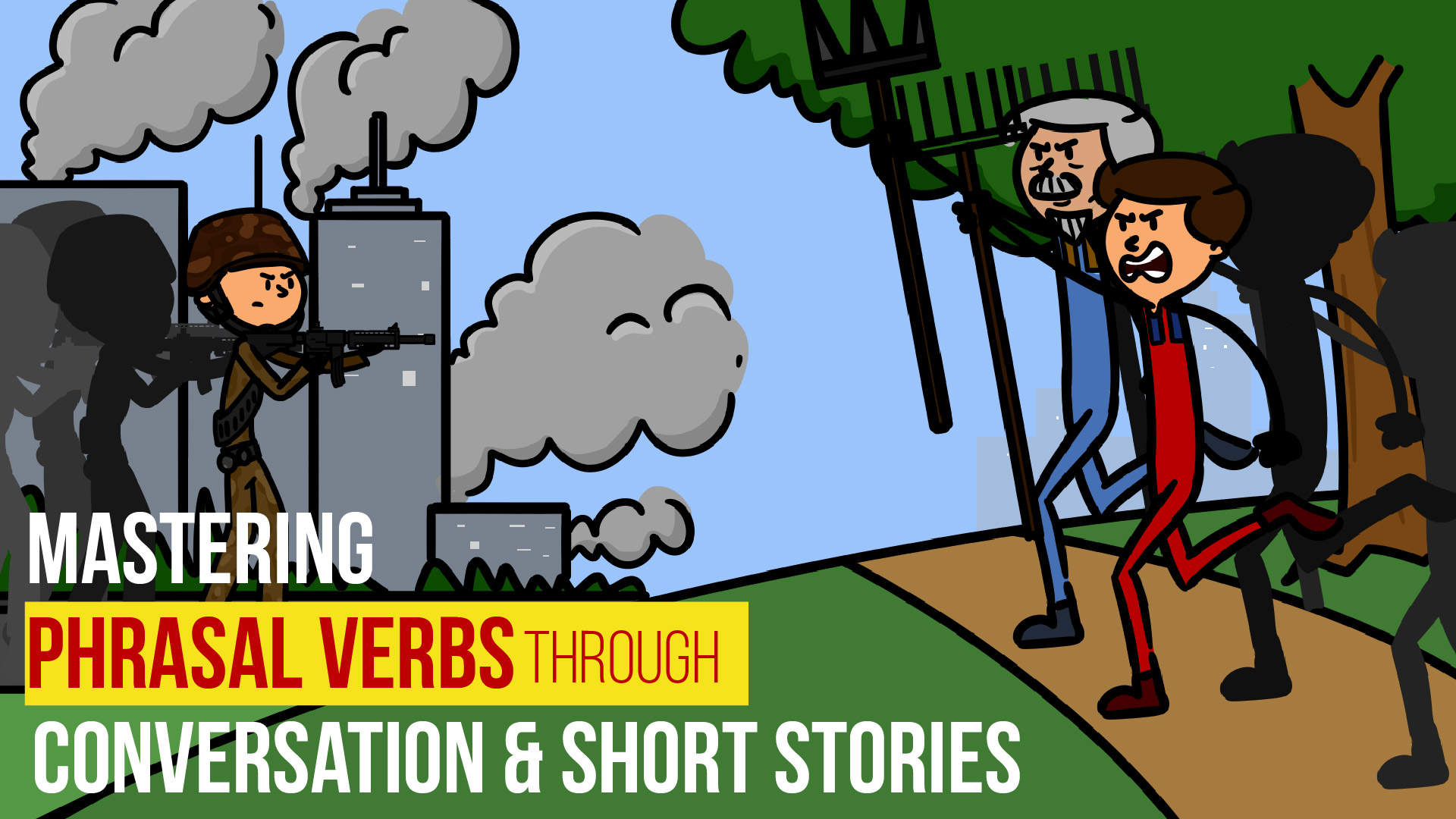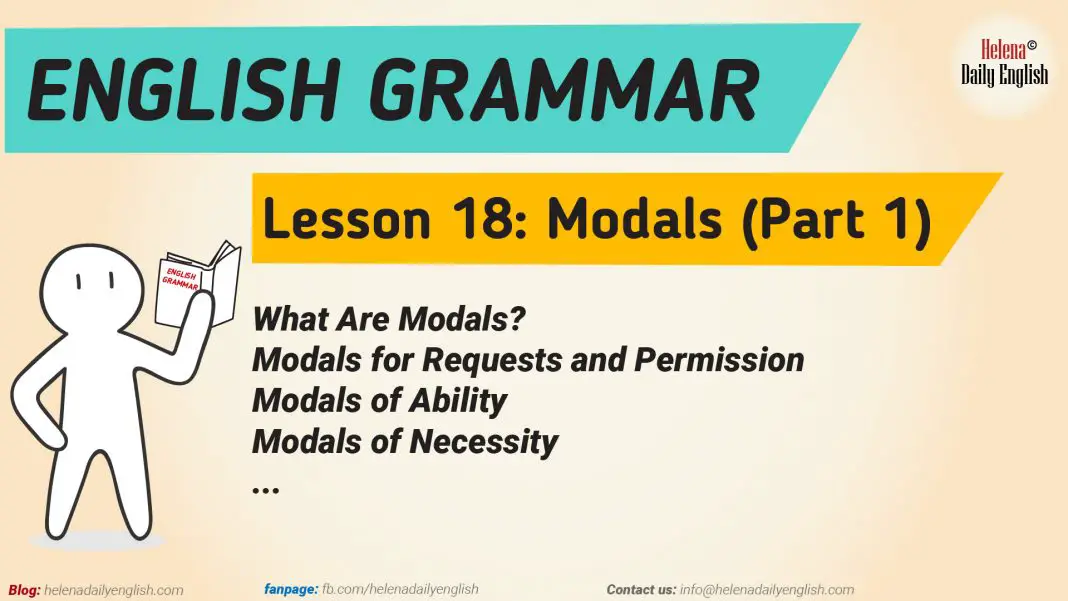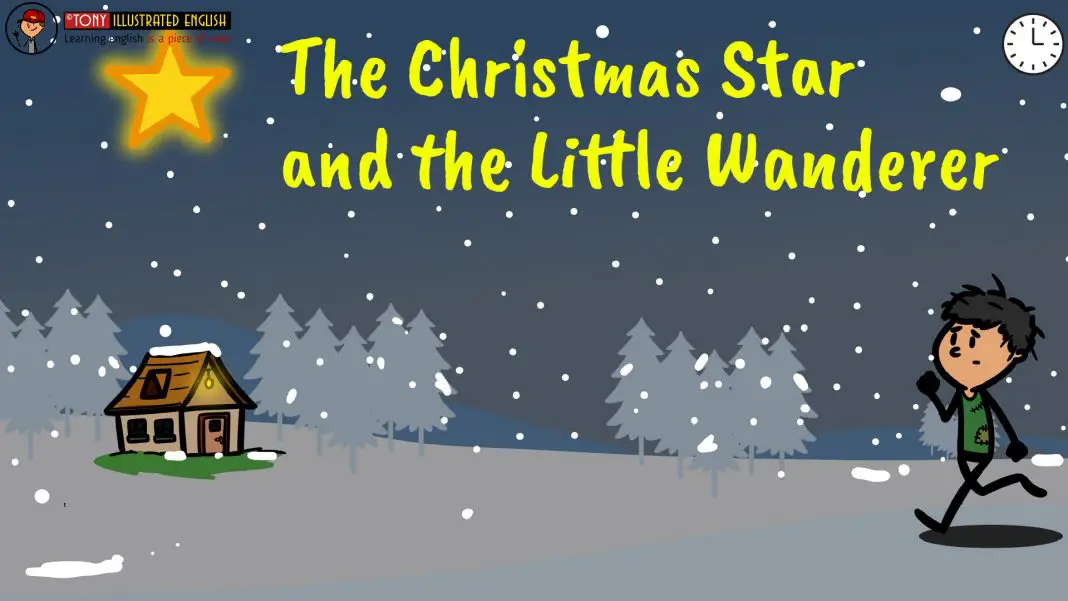Learn English Grammar: Lesson 19 (Part 2) – Modals
1. Modals of Possibility and Probability
may might could should ought to must will be going to
Modals of possibility and probability indicate degrees, from a chance or possibility (50%) to definite (100%):
MAY / MIGHT / COULD 50% possibility
- It’s short notice, but we may / might / could go to the concert on Friday if Steve gets tickets.
SHOULD / OUGHT TO better possibility
- Lori should / ought to get to class on time today because there is no traffic on the highway.
MUST almost certain
- The football game is not sold out, so tickets must be available.
WILL / BE GOING TO definite
- Steve bought tickets, so we will attend / are going to attend the concert Friday night.
2. Modals of Advisability and Suggestion
should ought to had better (threat)
Use modals to give someone advice or make a suggestion:
SHOULD advice or suggestion
- You should take an umbrella.
- You shouldn’t get so angry; it was a mistake.
OUGHT TO strong advice
- Dan ought to take the train because parking spaces are scarce.
HAD BETTER warning or threat
- Michael had better stop smoking; otherwise, it could affect his health.
The negative form is had better + not.
- You had better not / You‘d better not do that.
3. Negative Modals
| In formal writing, negatives are formed by inserting DO / DOES + not before the verb.
When you use a modal, not comes after the modal. Remember that in formal writing, contractions are not generally used. |
|
|
|
| Here are the negative modals: | |
| would + not = wouldn’t | have to + not = do not have to = don’t have to |
| should + not = shouldn’t | has to + not = does not have to = doesn’t have to |
| can + not = cannot = can’t | could + not = couldn’t |
| may + not = may not (no contraction) | will + not = won’t |
| ought to + not = ought not (no contraction) | must + not = mustn’t |
| be able to + not = am not able to (no contraction), isn’t, aren’t, wasn’t, weren’t able to | might + not = might not (usually not contracted) |
- When something is NOT NECESSARY, use do not have to / doesn’t have to / don’t have to.
- I feel a lot better. I do not have to take any more medication.
- The meeting was canceled; she does not have to go.
- You don’t have to shout; I can hear just fine.
- Must + not (mustn’t) is used for prohibition (a very strong warning).
- Children must not sit close to the television. It will damage their eyesight.
- You mustn’t smoke in restaurants in this state. Smoking in public places is against the law.
4. Questions with Modals
Questions use inverted word order. Sentences with modals form questions by putting the modal first.
- I can go to the movies with you. / Can I go to the movies with you?
- John was able to fix his computer. / Was John able to fix his computer?
Do not use do / does / did with one-word modals in statements or questions.
- Incorrect: Sasha
doescan drive the car pool tomorrow. - Correct: Sasha can drive the car pool tomorrow.
- Incorrect:
Doyou should call the doctor? - Correct: Should you call the doctor?





